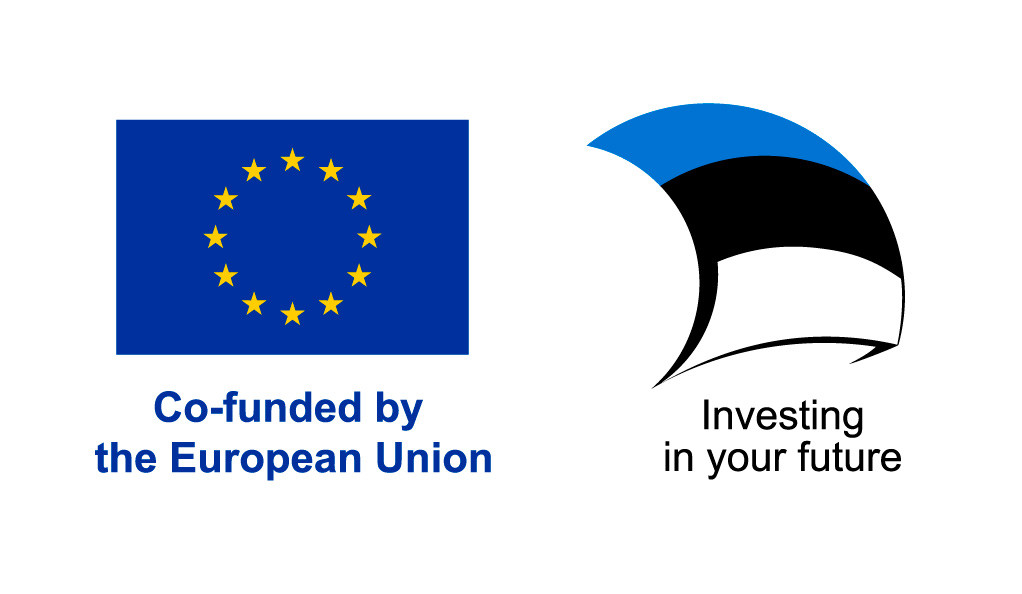- Home
- Circulars
- Programme
- Plenary Speakers
- List of Symposia
- Symposium A.1: Power imbalance and hierarchies in Finno-Ugric studies
- Symposium A.2: Shifting and competing ideologies in minority language development and language maintenance
- Round-table: Finno-Ugric Studies meeting the People
- Symposium B.1: Prehistoric lexical layers in Saami and Finnic
- Symposium B.2: Perspectives on Saami with a particular focus on the smaller languages
- Symposium B.3: South Estonian within and beyond Uralic studies
- Symposium B.4: The size of Uralic nominals
- Symposium B.5: Verbalization of motion events in Uralic
- Symposium B.6: Grammatical Subjects and Objects in Uralic
- Symposium B.7: Clause combining in Uralic languages
- Symposium B.8: Epistemic categories in Uralic and beyond
- Symposium B.9: Discourse particles in the Uralic languages
- Symposium B.10: Marginal phonemes
- Symposium B.11: Prosody of Uralic languages
- Symposium B.12: Building diachronic corpora for minority languages
- Symposium C.1: Reappraising Public Representations of Finno-Ugric Identities
- Symposium C.2: The Possibilities of Studying Finno-Ugric Religions in a Changing World
- Symposium C.3: The winter in Finno-Ugric cultures
- Symposium C.4: Traditional Creation and Modern Experience in Folk Music Revival
- Symposium D.1: Transdisciplinary approach in the studies of the human past
- Venue
- About CIFU
Congressus XIV Internationalis Fenno-Ugristarum
Symposium A.2: Shifting and competing ideologies in minority language development and language maintenance
Organizers: Outi Tánczos (University of Helsinki), Svetlana Edygarova (University of Helsinki), Ulriikka Puura (National Library of Finland)
Keywords: language ideologies, language planning, governmental language policy, role of activist groups and individuals in language development, language usage beyond language communities
In recent decades, our understanding of the interaction between language and culture, as well as language and society, has deepened. Current multidimensional and interdisciplinary studies allow for a new assessment of how philosophical concepts of language have varied throughout different historical periods, how linguistics has evolved, and how it has influenced language practices globally. The framework of language ideologies is an approach that enables the most comprehensive examination of all these aspects of language. The study of minority and indigenous languages has significantly benefited from the research on language ideologies. Research on language ideologies has demonstrated how the impact of colonialism and Western scholars’ approaches has altered the language practices of minority and indigenous communities.
The main target of interest in this symposium is the impact of implicit and explicit language ideologies on language change and language maintenance. In particular, we suggest discussing
- how various language ideologies determine borrowing strategies, attitudes towards linguistic purism, and relationships between standard and colloquial varieties;
- how language ideologies influence the teaching of minority languages and intergenerational language transmission.
The scope of the symposium includes both present and historical settings. A special focus is on the use of literary sources in minority Finno-Ugric languages (newspapers, journals, grammars and scientific publications, resolutions and protocols of meetings, digital materials, etc.) as research material, as well as on the evaluation of the suitability of different research methods and approaches (branches of discourse analysis, textual analysis, and source of a grammar analysis).
The main goal of the symposium is to trace how language ideologies have changed throughout the documented history of the use of Finno-Ugric languages, as well as to analyze how they impact the usage of contemporary languages. Another important goal of the symposium is to create ties and encourage discussion among researchers of different languages and sociolinguistic situations.
Contact person: Outi Tánczos outi.tanczos@helsinki.fi



